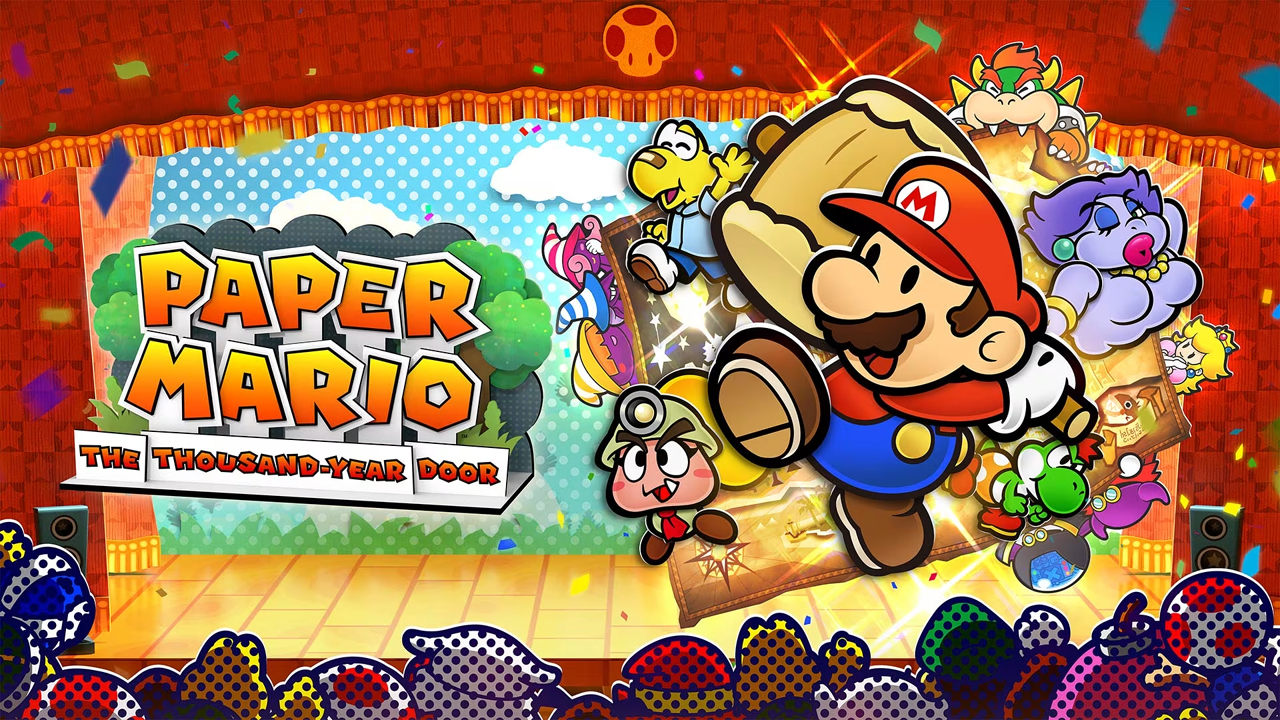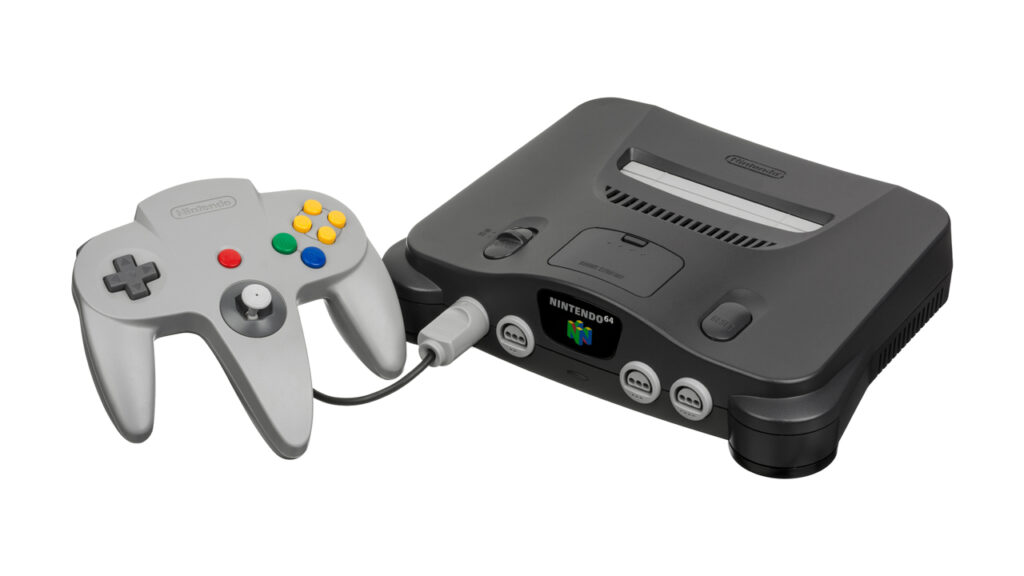For over 10 years prior to the launch of their N64 system, Nintendo sat fairly comfortably as the top dog in the video game console market. That all began to change by the mid-90s, however. Following Sega and Sony's (then) next-gen console face-off throughout much of 1995, Nintendo somewhat controversially opted to wait until the following year to release their own competing hardware. One of the main reasons for this decision was so that they could allow enough time for a sufficient pipeline of software titles to be ready to support the console (and not wind up in the same embarrassing predicament Sega had with their premature launch of the Saturn). While the delay did likely hurt them a bit with regard to potential sales lost, it also ensured that the N64 would make a strong impact when it did finally arrive (the lack of which for the Saturn no doubt contributed to that console's early demise).
While the official US launch date for the Nintendo 64 was intended to be Sunday, September 29th, 1996, as advertised, the vast majority of retailers broke that release date and began selling them before the start of the weekend. Following its successful launch, the Nintendo 64 achieved modest success throughout its life. The decision to stick with cartridges in the age of the compact disc, along with a slight lack of third-party support, would cause Nintendo's system to be pretty handily outsold by Sony's PlayStation console. However, the Saturn's early departure from the field, combined with an absolute wealth of outstanding first and second-party titles, still solidified the Nintendo 64 as both an unquestionable success for Nintendo, as well as an object of great affection for Nintendo fans, and gamers, everywhere.
Read more


